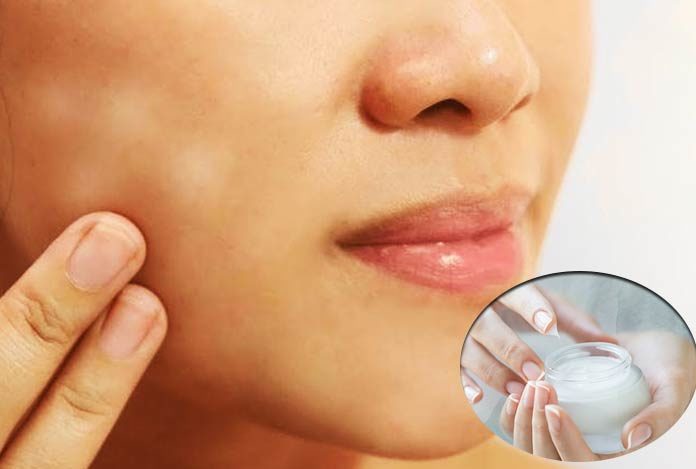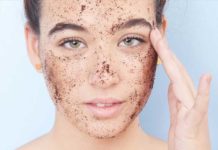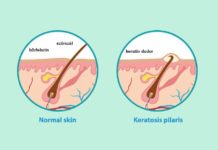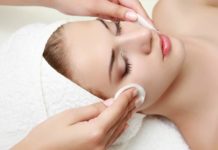
If you have sunbathed regularly, you must soon expect to see visible signs of excessive sun exposure on your skin. The harmful sunrays can lead to skin damage and this might reflect on your skin. These signs of excessive sunlight exposure include dark spots also known as age spots. Excessive skin damage due to sun exposure leads to white spots and these can begin to appear years after sun exposure mostly due to the absence of proper skin protection.
The spots are also known as idiopathic guttate hypomelanosis or IGH. These are small in size and gives you an ugly look. Dr. Harold Lancer suggests some simple ways to treat these white spots and to have a radiant, clear, and youthful skin.
Ways to Prevent White Spots
Prevention is an important aspect of skincare. If you have already developed white spots on your skin, it is even more important to protect your skin from further skin damage. You can invest in a trendy hat to keep off the sun from your face and shoulders, but this cannot be possible as beneficial as a sunscreen.You must wear a sunscreen with a sun protection factor (SPF) greater than 30 or more. Nowadays, there are several sunscreens that also act as a makeup primer and protect our skin from sun damage. A good weightless broad-spectrum sunscreen would be packed with natural extracts that can heal your skin.
This would help in preventing further skin damage or white spots.
Treatments for White Spots
Now that you are aware of how to protect further skin damage, it is equally important to treat already existing white spots. Brown spots can be easily treated with antioxidants and brightening creams but white spots are a bit difficult to treat. White posts have reduced skin pigments or actual pigment loss. You would not be able to bring back the lost pigment in that area, but you can significantly reduce white spots by evening your skin tone to minimize the spots.
Wearing a sunscreen will ensure that white spots do not expand and prevent new white spots from developing due to sun exposure. You must look for effective skincare products that are packed with active ingredients. A cream or serum that can gently exfoliate can work wonders and can possibly surface the healthier, spotless skin. A cream that has glycolic acid can significantly reduce the white spots and give you a smoother complexion. A 10% glycolic acid content in the skin can gently exfoliate the skin and can give you a youthful and spotless skin. Glycolic acid is an Alpha Hydroxy Acid or AHA and can help in maintaining skin tone and providing a bright and radiant look. While using AHAs you need to take extra care of your skin and prevent sun exposure by wearing hats, wearing protective clothes, or applying sunscreens as AHAs can make your skin extra sensitive to sun (therefore more vulnerable to damage).
You can alternatively use skincare products with Vitamin C as it can provide a brightened skin tone and can also treat hyperpigmentation. Vitamin C cannot completely eliminate the white spots, but it can make them appear less by lightening the surrounding skin. Another powerful combination is vitamin C, retinol and a natural humectant that can gently exfoliate, boost skin regeneration, and moisturize the skin. With all these ingredients, the white spots will be considerably reduced, and you will have a smooth and youthful skin.
If your white spots are still not reduced, Dr. Lancer recommends visiting a dermatologist for chalking out a proper treatment plan. Alternatively, intense pulse light (IPL) can be used to target and reduce the white spots. This can fade the skin surrounding the white spots to give you an even skin tone as the white spots blend with the surrounding skin areas.
A self-tanner can effectively hide the white spots. All you need is to apply the self-tanner meticulously. If required, you can apply another coating of the self-tanner. This can effectively hide the white spot by blending it with the skin tone. You can also consider applying a prescription ointment, tacrolimus. It is an immunosuppressant and must be applied only after consulting a dermatologist. This prescription ointment is prescribed for Eczema.
The skin experts rely on the sunscreens, to prevent white spots. Dr. Lancer asserts that with an effective skincare routine and patience, white spots can be easily prevented and treated.










